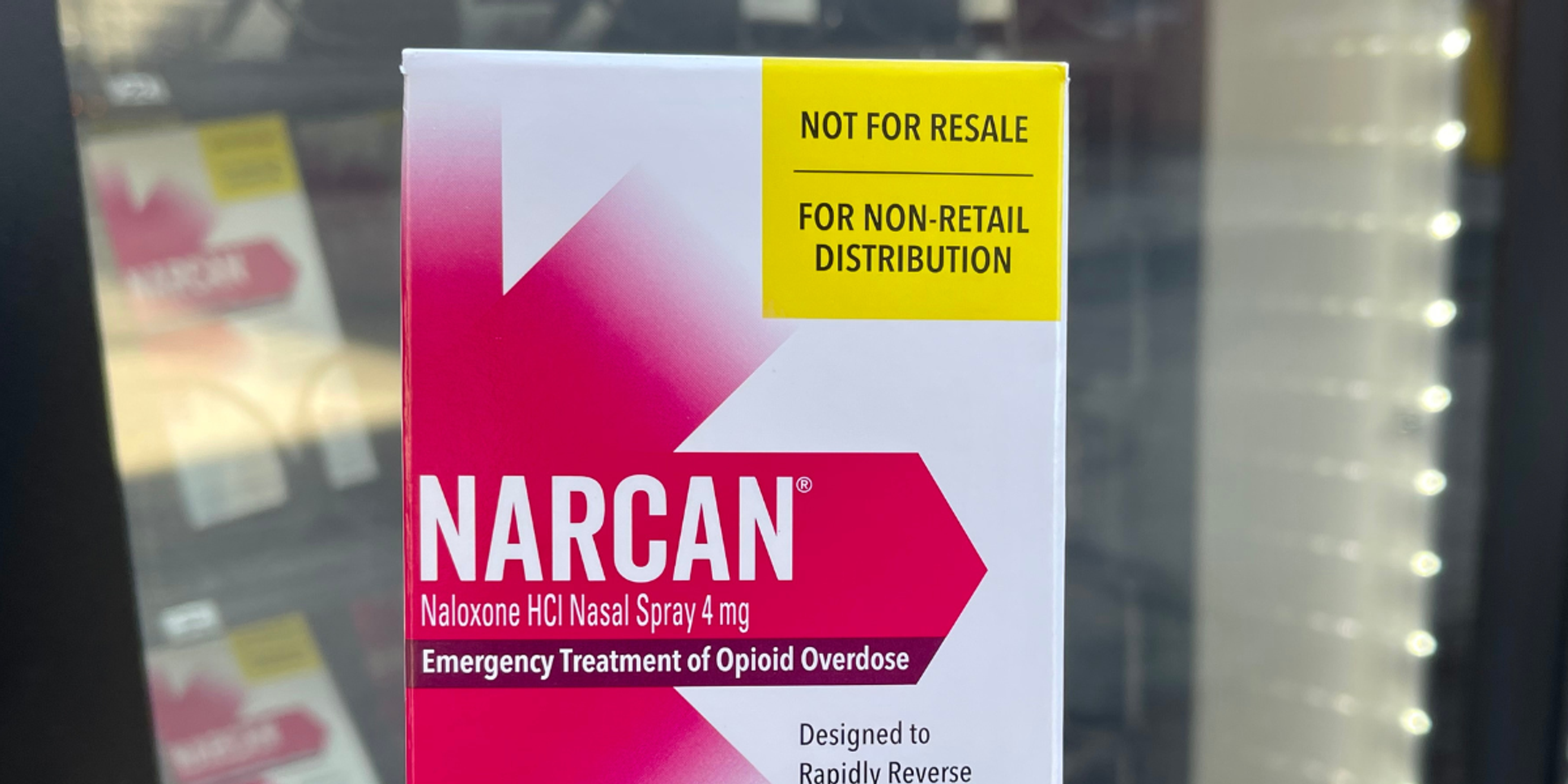How to Help Someone in a Mental Health Crisis
Shandra Martinez
| 3 min read

A recent CDC study showed that more than 40% of respondents were struggling with mental health issues triggered by changes brought on by the COVID-19 pandemic. The study also found that of those respondents who reported at least one mental health condition during this time, 31% experienced symptoms of anxiety or depression; 26% had trauma or stressor-related disordered symptoms; 13% had increased substance use, and 11% reported they had considered suicide in the past 30 days. So how do you recognize if someone is overwhelmed by feelings of anxiety and depression, and how can you help? The disruption in routines and increased time at home tied to social distancing is leaving people feeling isolated from their social structure, explained Susanna Rickman, a crisis worker at Gryphon Place, the coordinating body for the Kalamazoo County Suicide Prevention Action Network. “As humans, we need to have that social interaction and contact with others,” said Rickman. “That’s kind of become something that's a privilege now if you have that opportunity, and a lot of the people that are calling are lonely and sad and hopeless.” On the latest episode of A Healthier Michigan Podcast, host Chuck Gaidica and Rickman discuss her experience helping people through a mental health crisis.
One of the biggest challenges in addressing mental health issues is the misguided fear that bringing up the topic will plant the idea of suicide in someone's head. In her work helping people during a crisis, Rickman has learned the importance of asking questions and listening. “We get callers that'll say, ‘I want to die.’ And I will ask very specific questions to determine whether they really want their life to end … or whether they are feeling so helpless and hopeless that it’s the only option they see. Most of the time, I can get them to the point where they are acknowledging that they don’t really want to die. They just don’t know what else to do. Then we work on a plan moving forward to help them.” If you know someone who is struggling with a mental health crisis, there are resources. Blue Cross Blue Shield of Michigan offers a free crisis hotline at 833-848-1764. Michigan’s Department of Health and Human Services also has a phone service offering help for people who are dealing with anxiety, depression or the effects of trauma. It is available every day from 10 a.m. to 2 a.m. at 888-PEER-753 (888-733-7753). The National Suicide Prevention Lifeline is available at 1-800-273-TALK (8255) for English, 1-888-628-9454 for Spanish. Related:
- MIBluesPerspectives Mental Health Toolkit
- BCBSM and Health Professionals Create Free Virtual Group Therapy Programs
- Understanding Mental Health Stigmas in African American and Latino Communities
Photo credit: Getty





